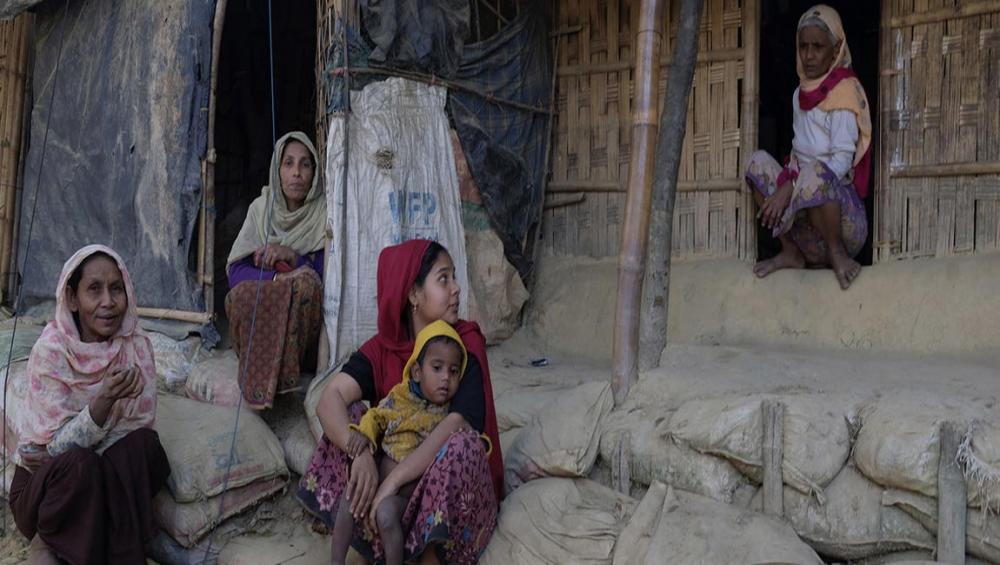Just Earth News | @JustEarthNews | 16 Feb 2019

UNHCR/Santiago Escobar-Jaramillo
With more than 745,000 Rohingya having fled violence in Myanmar to settle in Bangladesh, joining roughly 200,000 others already sheltering there, United Nations aid agencies and partners launched an appeal on Friday to help meet their “dire needs".
The 2019 Joint Response Plan for the Rohingya humanitarian crisis seeks to raise $920 million to assist more than 900,000 refugees from Myanmar and the more than 330,000 vulnerable Bangladeshis hosting them.
“Our humanitarian imperative today is to stabilize the situation of stateless Rohingya refugees and their Bangladesh hosts”, said Filippo Grandi, UN High Commissioner for Refugees (UNHCR). “We are hoping for timely, predictable and flexible contributions in order to meet the goals of this year’s appeal”.
Critical aid and services, such as food, water, sanitation and shelter, represent more than half of this year’s funding needs, which include health, education, child protection and addressing sexual and gender-based violence.
“The solidarity shown by the Government of Bangladesh and the commitment of humanitarian partners ensured the successful implementation of the first Joint Response Plan in 2018”, said António Vitorino, Director General of the International Organization for Migration (IOM). “Moving forward, we reiterate our commitment to meeting the dire needs of this population and urge the international community to support these efforts”.
The new plan brings together 132 partners – UN agencies, international and national non-governmental organizations (NGOs) and government bodies – to protect refugee women, men, girls and boys, provide life-saving assistance and foster social cohesion.
“But while we tackle these immediate humanitarian needs we must not lose sight of solutions”, Grandi stressed, repeating his call that Myanmar “take urgent action to address the root causes of this crisis which have persisted for decades, so that people are no longer forced to flee and can eventually return home in safety and dignity”.
The third joint humanitarian appeal builds on achievements made to further stabilize the situation of Rohingya refugees.
Over the past year, the 2018 plan has supported aid agencies in improving conditions across refugee settlements by providing basic assistance, upgrading living conditions and carrying out disaster risk mitigation measures for monsoon and cyclone seasons.
Despite these and other achievements, the Rohingya remain in an extremely precarious situation.
UNHCR underscored that until the root causes of displacement in Myanmar are addressed and refugees can voluntarily return in safety, Bangladesh must be supported to meet the needs of refugees and the host communities.
As an example, the entire refugee population received basic emergency shelter kits to cope with the 2018 rainy season, but they now require safer and more robust shelters.
Similarly, while some 860,000 refugees regularly receive food assistance, only 240,000 manage to diversify their diet beyond the minimum package of rice, lentils and oil, which must be expanded to ensure better nutrition.
Moreover, continued investments into safe water and sanitation, health and protection services are vital.
“We encourage countries in this region and beyond to show solidarity with Bangladesh and to support Myanmar to start creating conditions for voluntary, safe and dignified return of Rohingya refugees” concluded the UNHCR chief.
The 2018 plan was funded at 69 per cent, or $655 million received against $950 million requested.